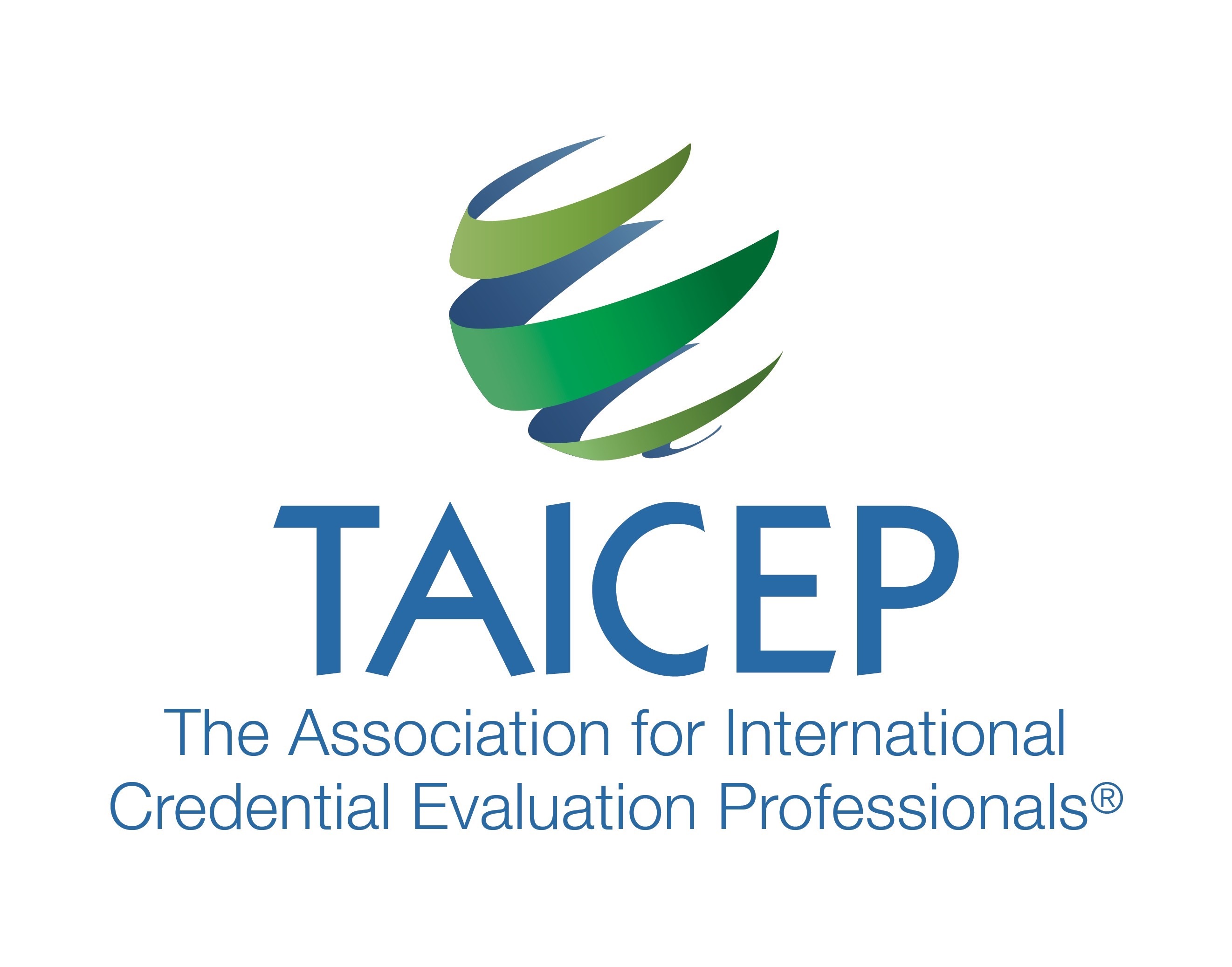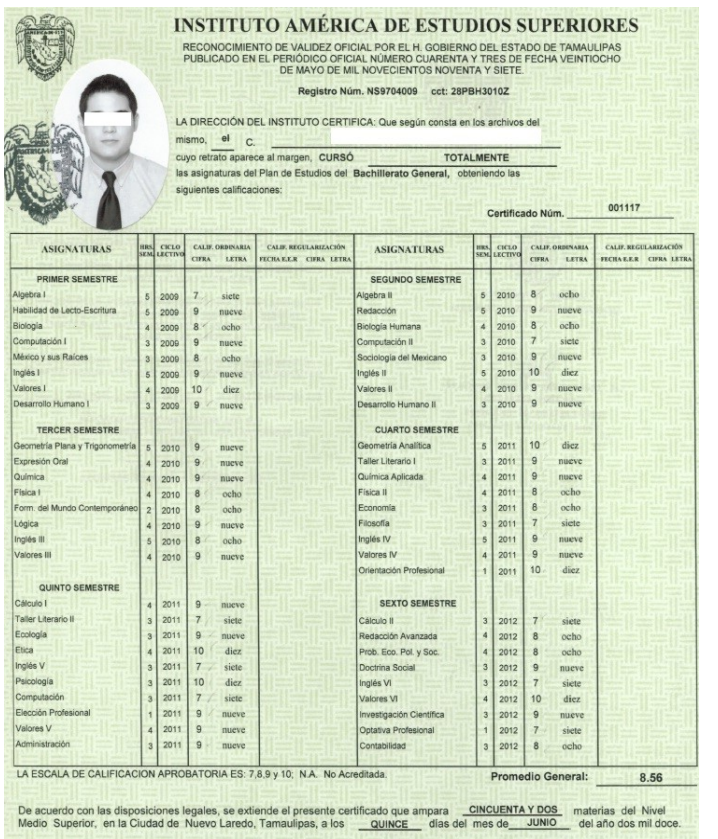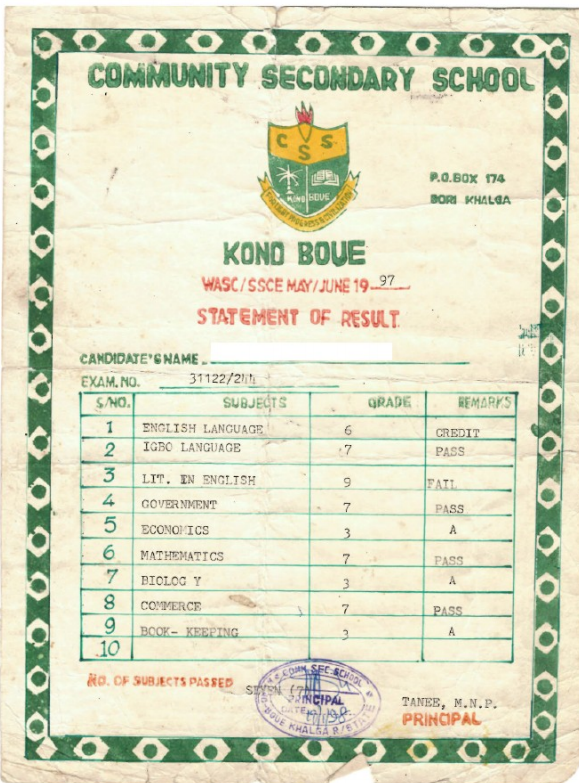Written by: Olivea Dodson, Senior Evaluator, Transcript Research
While universities and higher education institutions across the world have varying requirements for university admissions, every university will require high school graduation (or equivalent). So, what constitutes high school graduation? High school / secondary credentials vary from country to country. It is our job as evaluators to know what that credential represents and what the student can do with that credential in their home country. In this article, we will be looking at two credentials: the high school diploma and secondary leaving examinations. There are also two additional secondary credential types: possible Advanced Standing and Dual Level. These will be examined in a future article.
In countries such as Mexico and Brazil, secondary graduation documentation is usually pretty straightforward. These credentials are usually issued by the school rather than an external exam body or government authority. A diploma may be issued to the student, but more commonly, graduation is conferred on the transcripts.
Looking more closely at the Bachillerato from Mexico, we learn that the transcripts usually show the 3 years of upper secondary education (2 years for accelerated programs), the graduation date, and the necessary information to verify the validation of the school.
It is important to note that very few schools will issue a separate diploma, as the certificado de estudios (certificate of studies / academic transcript) showing completion of the Bachillerato or Preparatoria program grants access to higher education at colleges and universities in Mexico.
In this sample, the applicant completed the Bachillerato General. In Mexico, this is all a student needs to enter university study, although individual universities may have placement or entrance exams for admissions.
Less straightforward are countries that have a national leaving examinations. These countries often have school-issued, informal documents that are not valid for further education or employment (further education will require the standardized national leaving examination), and the countries may have multiple examinations boards or councils that offer varying levels of examinations that can be classified as vocational/technical, secondary, or pre-university.
In these situations, the students may have a school-issued high school diploma or transcript to give you, but these do not usually grant university admissions in those countries.
Using Nigeria as an example, students go through high school and receive a diploma, but that high school diploma only grants access to vocational / technical training or employment. In order to pursue university level studies, students must sit for external Senior School Certificate exams with the West African Examinations Council (WAEC) or the National Examinations Council (NECO).
Commonly, we may receive unofficial WAEC/NECO results like these. These results are issued by the high school, not the exam council. Since students can provide a scratchcard to verify these results online, the official certificate is not actually required by universities and employers in Nigeria. You should consult your institutional policies to see if you would accept this, or if you would still require the official certificate.
To obtain the WASSC/SSC, students sit for at least seven subjects, with nine as the maximum. For admissions into a university in Nigeria, students are required to earn grades of C6 (Credit) in at least five subjects, one of which is English.
When working with applicants from West Africa, you should also know how far back you can verify results online. In Ghana, you can only verify results online dating back to 1990. In Sierra Leone, we can go back to 1993, while in Liberia and the Gambia, you can only verify results online as far back as 1998. For Nigeria, you can verify results as far back as 1991 (the WAEC site will allow you to choose as far back as 1980, but at the time of this article, the results are not fully available, and you may or may not be able to verify results from 1980 – 1990). NECO results are available for verification since the creation of the board. If you have received unofficial results, such as a Results Slip, or a high school transcript with results of the examination, you should ask for the WAEC issued certificate. If you receive a WAEC certificate issued prior to the oldest date available for verifying online, you should consult your institutional policy for best practices.
Many school-issued documents from West Africa and the Caribbean will have WAEC or CXC (Caribbean Examinations Council) results on them, sometimes listed as mock examinations. These are not official results and should not be considered such.
If you receive documents like this, you should ask your applicant to provide a scratchcard (for West Africa) or CXC certificate or certifying statement (for the Caribbean).
In the case of this sample, the applicant has grades posted for Year 5 (grade 11 in the U.S.), GCE O levels, and CXC results (CSEC).
As mentioned earlier, you would ask for the official CXC results, and in this case, you would ask the applicant for the O levels as well. Please note, the O levels were last officially offered in 2010 in the Caribbean.
As you can see, secondary credentials are not as straight forward as you would think. But if you take the time to learn the basic requirements for university admission in the countries you evaluate the most, it can be a much easier task.
Inside this edition:
President’s Welcome -January 2018 Newsletter
Committee Updates -January 2018 Newsletter
Organizational Structure Updates -January 2018 Newsletter
TAICEP Meet Your 2018-2019 Leadership Team -January 2018 Newsletter
Indian Diploma Programmes Awarded by State Boards for Technical Education -January 2018 Newsletter
Brief Primer on the American Territories -January 2018 Newsletter
Cambridge Advanced Coursework: An Introduction -January 2018 Newsletter
European Union General Data Protection Regulation -January 2018 Newsletter
Building a Resource Library, Part III -January 2018 Newsletter
Memoriam to David Millar -January 2018 Newsletter
TAICEP News -January 2018 Newsletter
Add to your Library -January 2018 Newsletter
Recent TAICEP Events January 2018 Newsletter
Upcoming TAICEP Events -January 2018 Newsletter
From the TAICEP Website -January 2018 Newsletter
Notes from the Field -January 2018 Newsletter



